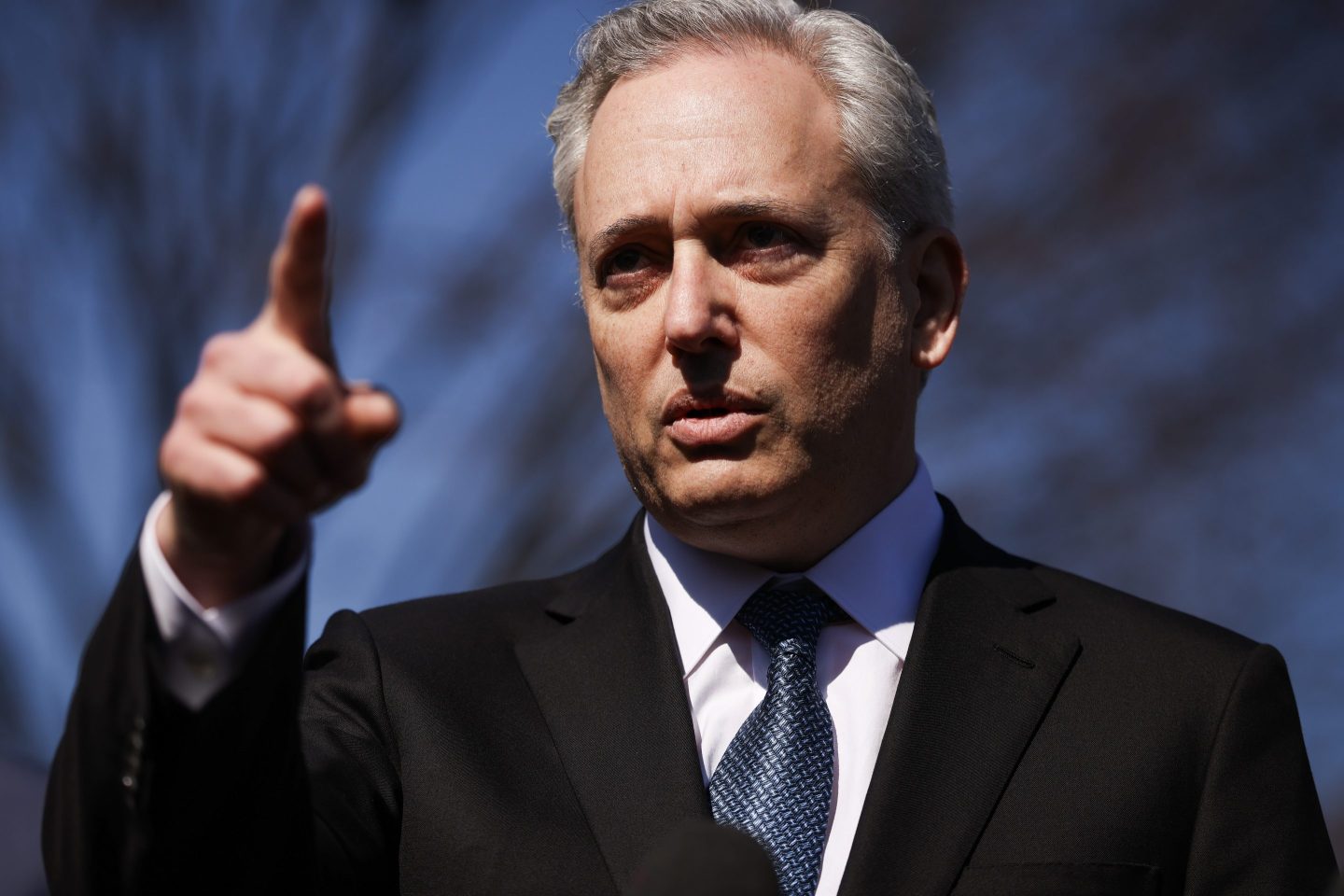Legendary investor Ray Dalio, founder of Bridgewater Associates, has issued a stark warning regarding the future impact of artificial intelligence (AI) and humanoid robots, predicting a dramatic increase in wealth inequality that will necessitate a new “redistribution policy”. Dalio articulated his concerns, suggesting that these advanced technologies are poised to benefit the top 1% to 10% of the population significantly more than everyone else, potentially leading to profound societal challenges.
Speaking on “The Diary Of A CEO” podcast, Dalio described a future where humanoid robots, smarter than humans, and advanced AI systems, powered by trillions of dollars in investment, could render many current professions obsolete. He questioned the need for lawyers, accountants, and medical professionals if highly intelligent robots with PhD-level knowledge become commonplace, stating, “we will not need a lot of those jobs.” This technological leap, while promising “great advances,” also carries the potential for “great conflicts.”
He predicted “a limited number of winners and a bunch of losers,” with the likely result being much greater polarity. With the top 1% to 10% “benefiting a lot,” he foresees that being a dividing force. He described the current business climate on AI and robotics as a “crazy boom,” but the question that’s really on his mind is: why would you need even a highly skilled professional if there’s a “humanoid robot that is smarter than all of us and has a PhD and everything.” Perhaps surprisingly, the founder of the biggest hedge fund in history suggested that redistribution will be sorely needed.
Five big forces
“There certainly needs to be a redistribution policy,” Dalio told host Steven Bartlett, without directly mentioning universal basic income. He clarified that this will have to more than “just a redistribution of money policy because uselessness and money may not be a great combination.” In other words, if you redistribute money but don’t think about how to put people to work, that could have negative effects in a world of autonomous agents. The ultimate takeaway, Dalio said, is “that has to be figured out, and the question is whether we’re too fragmented to figure that out.”
Dalio’s remarks echo those of computer science professor Roman Yampolskiy, who sees AI creating up to 80 hours of free time per week for most people. But AI is also showing clear signs of shrinking the jobs market for recent grads, with one study seeing a 13% drop in AI-exposed jobs since 2022. Major revisions from the Bureau of Labor Statistics show that AI has begun “automating away tech jobs,” an economist said in a statement to Coins2Day in early September.
Dalio said he views this technological acceleration as the fifth of five “big forces” that create an approximate 80-year cycle throughout history. He explained that human inventiveness, particularly with new technologies, has consistently raised living standards over time. However, when people don’t believe the system works for them, he said, internal conflicts and “wars between the left and the right” can erupt. Both the U.S. And UK are currently experiencing these kinds of wealth and values gaps, he said, leading to internal conflict and a questioning of democratic systems.
Drawing on his extensive study of history, which spans 500 years and covers the rise and fall of empires, Dalio sees a historical precedent for such transformative shifts. He likened the current era to previous evolutions, from the agricultural age, where people were treated “essentially like oxen,” to the industrial revolutions where machines replaced physical labor. He said he’s concerned about a similar thing with mental labor, as “our best thinking may be totally replaced.” Dalio highlighted that throughout history, “intelligence matters more than anything” as it attracts investment and drives power.
Pessimistic outlook
Despite the “crazy boom” in AI and robotics, Dalio’s outlook on the future of major powers like the UK and U.S. Was not optimistic, citing high debt, internal conflict, and geopolitical factors, in addition to a lack of innovative culture and capital markets in some regions. While personally “excited” by the potential of these technologies, Dalio’s ultimate concern rests on “human nature”. He questions whether people can “rise above this” to prioritize the “collective good” and foster “win-win relationships,” or if greed and power hunger will prevail, exacerbating existing geopolitical tensions.
Not all market watchers see a crazy boom as such a good thing. Even OpenAI CEO Sam Alman himself has said it resembles a “bubble” in some respects. Goldman Sachs has calculated that a bubble popping could wipe out up to 20% of the S&P 500’s valuation. And some long-time critics of the current AI landscape, such as Gary Marcus, disagree with Dalio entirely, arguing that the bubble is due to pop because the AI technology currently on the market is too error-prone to be relied upon, and therefore can’t be scaled away. Stanford computer science professor Jure Leskovec told Coins2Day that AI is a powerful but imperfect tool and it’s boosting “human expertise” in his classroom, including the hand-written and hand-graded exams that he’s using to really test his students’ knowledge.
For this story, Coins2Day used generative AI to help with an initial draft. An editor verified the accuracy of the information before publishing.












